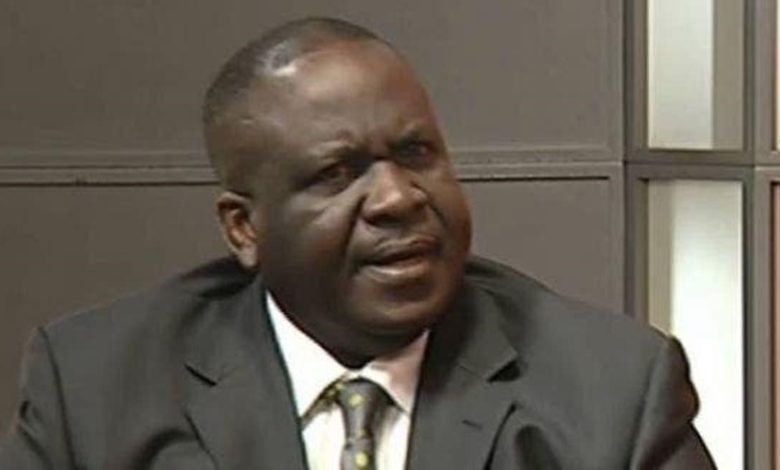Security Expert Faults Kaduna Governor For Massacre In Southern Kaduna
He said a good number of young residents were still in detention across the state for acting in self-defence.

Hassan Stan-Labo, a security consultant and managing-director of Hakes & Partners Limited, says the Kaduna governor, Nasir el-Rufai, is also to blame for the frequent attacks and killings taking place in the southern region of the state.
During an interview with Channels Television on Monday, the retired colonel said security agencies would not be able to show acceptable results if local authorities acted in support of the criminals.
“I have taken a personal review of the security situation in Kaduna State and I regret to say that (el-)Rufai, His Excellency, is complicit. The government of Kaduna State is complicit,” he said.
“How come with a curfew imposed and with your security agencies allegedly on the ground, the same attackers [who struck before the curfew] came again in the night to continue an unfinished business?
“I agree the security agencies have their own challenges… but the point I am trying to make here is that if the government on the ground is not objective, if its actions indicate that it is already taking sides, or it has its own intentions, which what is ongoing fits into, I can assure you, we cannot make any much progress.”
Stan-Labo wondered why “the government only ends up arresting the youths … who have taken it upon themselves to protect the communities when these guys are coming to invade”. He said a good number of young residents were still in detention across the state for acting in self-defence, whereas the perpetrators of crime are only “paraded before journalists and for television”.
“After that, it ends there. How many have been prosecuted? Nill. How many are in detention? Nill. How many JTF [Joint Task Force] or southern Kaduna youths are under detention? So many,” he added.
Gabriel Saleh, a member of the House of Representatives, representing the Kachia Kagarko Federal Constituency in Southern Kaduna, who was also on the programme, agreed that youths in the various communities were being arrested wrongfully, but said he cannot speak on the inadequacies of the military because it is controlled by the federal government.
Stan-Labo further observed that one of the key challenges faced by military operatives in the state is the lack of appropriate transportation equipment. Because of this, even though they are deployed and lined up on major roads, they are not able to access towns under distress in time.
“They lack the necessary transport ranging from helicopters to motorcycles to all seasonal mobility assets to all-terrain mobility assets. What assistance have you given to them to ensure they have those things they require?” the security consultant asked.
“In most cases, when there are distress calls, before the security agencies even get to the point, right in the communities themselves, the invaders may have finished what they are doing and even moved to the next communities because of the handicap which the security agencies are suffering.”
He urged the Kaduna State government to learn from Borno, where the governor, Babagana Zulum, moves “ahead in the field” and “from village to village with the leadership of the military”.
“You know where the problems are. As you have allotted troops on the ground, you as chief executive must rig yourself into the battle. Show your presence on the ground. Tell the general, I want your men to please protect this place; you see here, it is vulnerable,” he recommended.
It is not the first time fingers will be pointed at the Kaduna State governor concerning the security crisis in Southern Kaduna. HumAngle reported in June that experts had accused the government of losing credibility by taking sides.
“The present governor has repeatedly said he will talk to some people and not others. By some coincidence, the people on the receiving end of the Southern Kaduna Massacre appear to be mostly the people he won’t talk to,” Chidi Odinkalu, a professor of law, activist, and former chairman of the National Human Rights Commission, had observed.
Support Our Journalism
There are millions of ordinary people affected by conflict in Africa whose stories are missing in the mainstream media. HumAngle is determined to tell those challenging and under-reported stories, hoping that the people impacted by these conflicts will find the safety and security they deserve.
To ensure that we continue to provide public service coverage, we have a small favour to ask you. We want you to be part of our journalistic endeavour by contributing a token to us.
Your donation will further promote a robust, free, and independent media.
Donate HereStay Closer To The Stories That Matter




